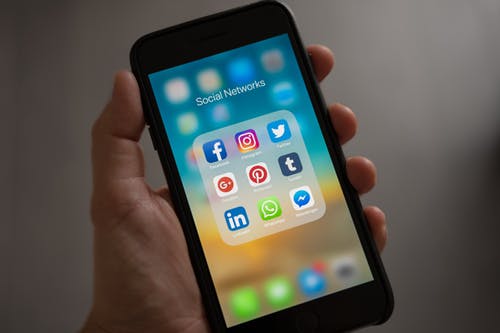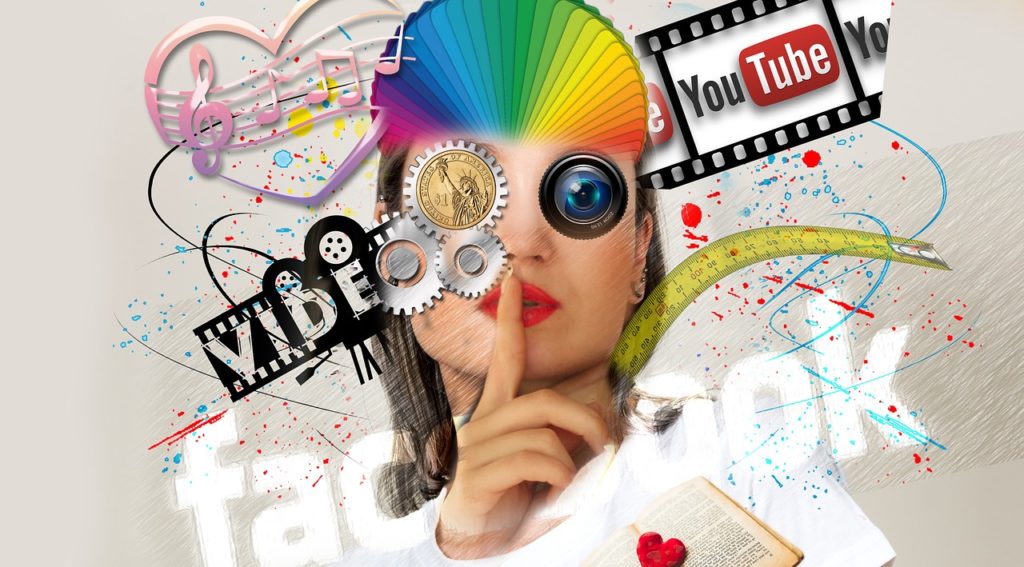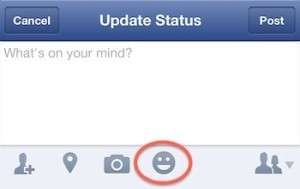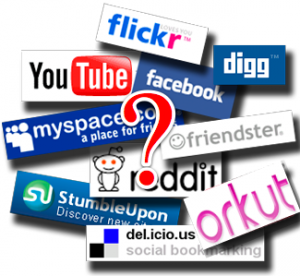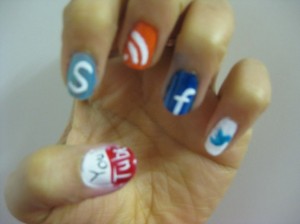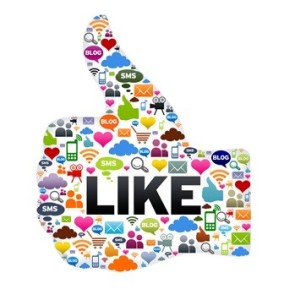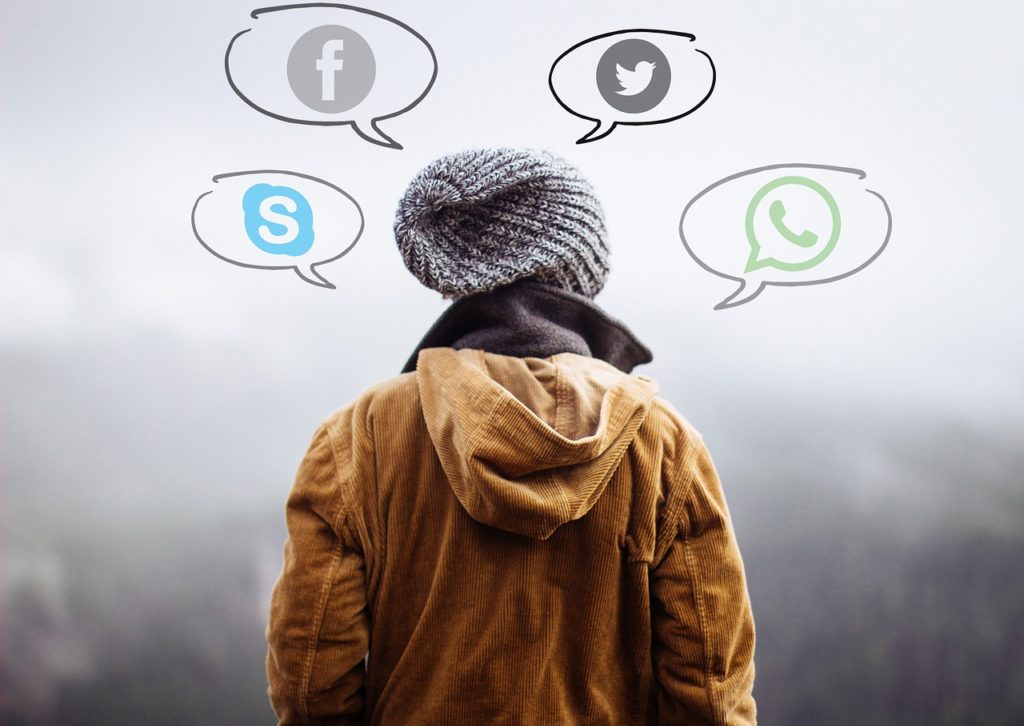
Oftentimes, addiction is something than some may see at face value. But in doing so, they fail to recognize what lies underneath the appearance of one’s physical health. However, through an extensive amount of research one can truly begin to see just how much substance abuse not only affects the body but the brain as well. In turn, as the mind adapts to the drug-and/or alcohol-that it is given, it grows accustomed to such, making it harder for the addict to give it up. Yet, even so, addiction is a whole lot easier to understand when one has a prior knowledge of the mind (so that he/she has a better idea of how it processes the addict’s consumption-and/or the amount consumed).
The first way that the brain adapts is through an increase in dopamine levels. Dopamine can be defined as “the chemical that mediates pleasure in the brain. It is released during pleasurable situations and stimulates one to seek out the pleasurable activity or occupation.” As a result, this chemical can pose as dangerous when addiction is involved because the person can find himself/herself consuming more and more of the substance. In doing so, the release of dopamine rewards him/her, causing him/her to feel as though he/she is in a state of euphoria. Consequently, this oftentimes results in him/her abusing the substance time and time again.
Another way in which the brain adapts comes in the form of tolerance, which is defined as “the capacity to endure continued subjection to something, especially a drug, transplant, antigen, or environmental conditions, without adverse reaction.” As the individual begins to consume the substance on a regular basis, his/her tolerance begins to build up, resulting in him/her needing more of it in order to feel euphoric or high. This can result in a plethora of health problems, and even death if one is not careful.
In conclusion, it is better that the addict receives help sooner rather than later to get the best possible care. For in a brief period of time, his/her tolerance may heighten, and then he/she may find himself/herself deep within the pitfall of addiction. That’s why it is important for those to understand just how serious the substance can be on the body, as well as the brain. Then, they can begin to seek treatment rather than face the consequences that come with adapting to the drug(s)-and/or alcohol-that is at use.
